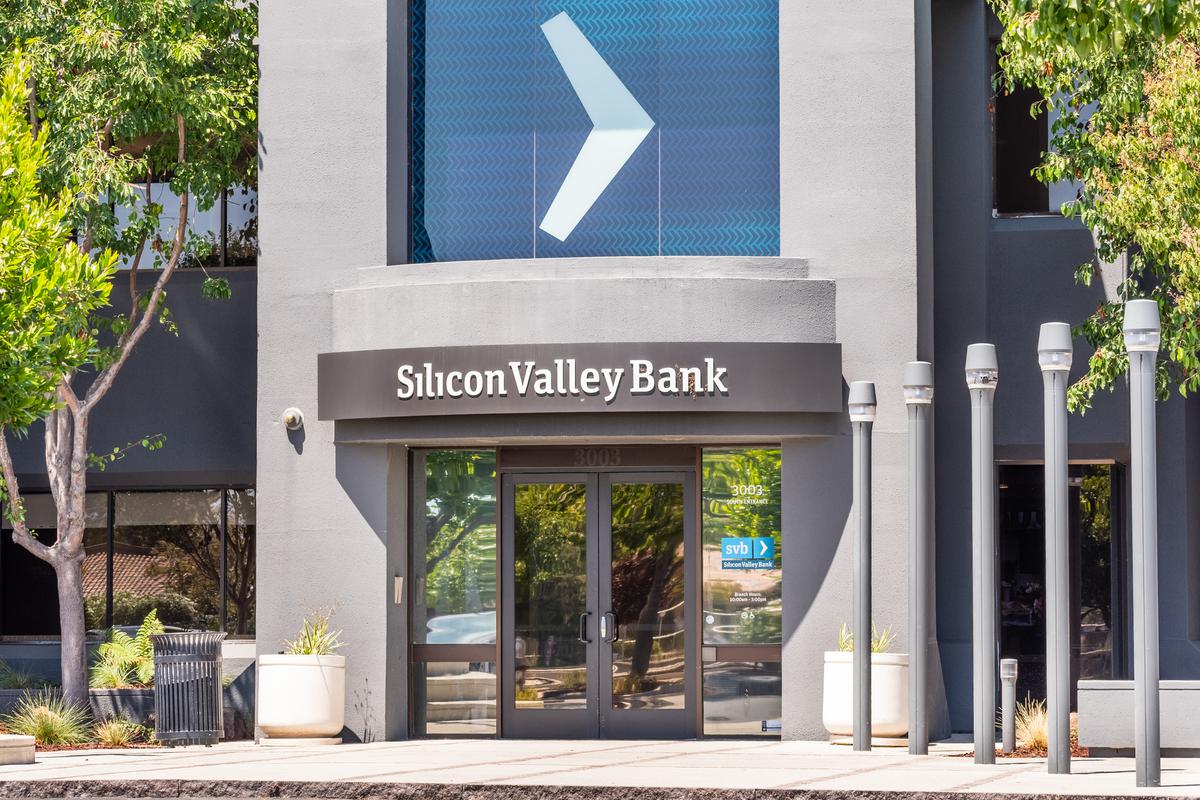|
Listen to this story
|
The repercussions of the SVB crisis on the Indian economy run deeper than initially assumed. While most eyes had laser focus on YC-backed Indian startups, which reportedly have funds stuck, there’s more where that came from. Only yesterday, the shares of a bunch of Indian IT companies such as Wipro, TCS, Infosys and Mphasis were all at their 52-week low. Analysts at JP Morgan had shared a note stating Indian IT giants TCS and Infosys have the highest exposure to regional banks in the US such as Silicon Valley Bank, or SVB.

Foreign banks are money makers for Indian IT
Regional banks like SVB account for between 2–3% of Indian IT companies’ revenue explaining that the exposure to SVB could mean between 10–20 base points for TCS, Infosys and LTIMindtree. The note added that all three companies might need to set aside provisions in the fourth quarter for a contingency. “The collapse of SVB, Signature Bank and concerns of liquidity across the US and the European Union can further soften tech spends by banks over the short term in a year with slowing growth in bank tech budgets”, it went on to explain.

While speaking to Business Today, Rajeev Chandrasekhar, the Indian Union Minister of State for IT admitted that there may be an impact but only time could tell just how much it would be. “I understand that the banking and financial sector is a major contributor to Indian IT companies. We need to let this play out. I feel like it might not be an existential type of problem for Indian IT. Certainly, one sector may show degrowth but other sectors may grow”, he said.
According to data from financial advisory firm Celent, North American banks dominate tech investments in the retail banking sector globally and have spent more than USD 82 billion on IT budgets in 2022 out of a total global expenditure of USD 250 billion.
‘BFSI is an important sector for Indian IT and the ongoing chaos may affect new deals going forward for Indian IT, especially in the case of Tier 1 banks like UBS which acquired Credit Suisse which in itself is a Tier 2 bank. The exposure is between 2–3% for regional banks,’ Pareekh Jain, CEO and lead analyst at Pareekh Consulting and EIIRTrend stated.
Jain spoke about the dangers of the abruptness with which the ripples had reached the banking sector. “Up until now, the banking sector was immune to the downturn and the tech sector was in focus mainly but this uncertainty has now spiralled into other sectors. If you saw the budgets for all banks this year, all the banks in the top five had increased their IT budgets except for the World Bank. Mortgages had looked like the only problem but now the whole sector is looking shaky”, he explained.
The pluses
However, there were some blessings like Chandrasekhar mentioned. “On the brighter side, just like the previous economic crisis, many of these bank captives may be acquired to save cost. Like TCS acquired a Citigroup Global Services captive in a cash deal in 2008. In the medium term, this will mean that there will be more outsourcing in the future,’ he said.
With regards to Indian Global Capability Centers, or GCCs, Jain said that the expected impact will probably be on the lower side. India has the lion’s share when it comes to the GCCs across the world, with most notable companies having set up GCCs in India. For instance, both Credit Suisse and UBS have GCCs in India with over 9000 and 7000 employees, respectively. “If you do a cost-comparison between the global GCCs and Indian GCCs, Indian GCCs are far behind. So, I don’t expect a lot of firing to happen. It’s just that fresh employment may be affected. So, Indian GCCs are last in the pecking order after service providers”, Jain stated.

Risk of spreading
The sudden manner in which SVB, the 16th largest US bank, crumbled followed by the hurried sale of Credit Suisse, one of the most influential banks in history, to UBS is a distress signal for the banking sector. There are fears that the snowballing of the crisis could end up bringing the world economy to a grinding halt exactly like the fall of Lehman Brothers in 2008 did.
As quick as the Federal Reserve acted, there is tension because of contagion worries. SVB’s fallout was followed in quick succession by Signature Bank within a week. Moody’s has also placed six other banks, namely, Western Alliance Bancorp, Intrust Financial Corp, UMB Financial Corp, Zions Bancorp and Comerica Inc. under review. Regional US banks have been hit the hardest with shares of First Republic tumbling more than 60%. Following the SVB episode, major US banks ended up losing nearly USD 90 billion in stock market value the following Monday.
At the moment, to Indian IT, the risk is less and maybe only seen in the future but the fear is that the banking system itself may fall like the blocks of Jenga.

























